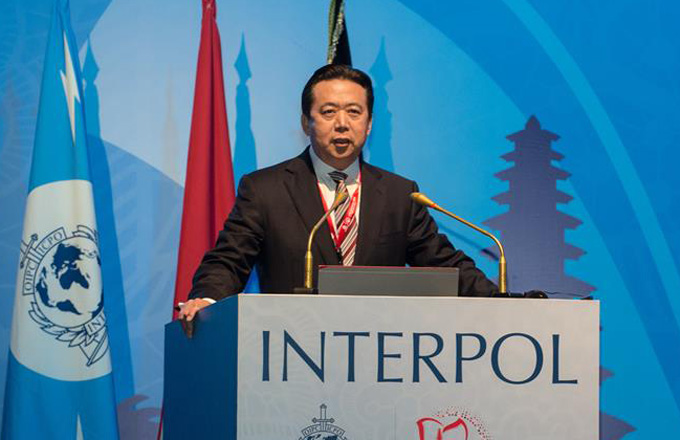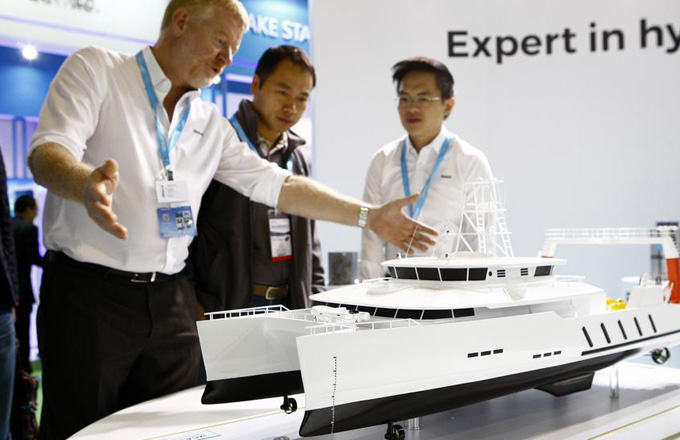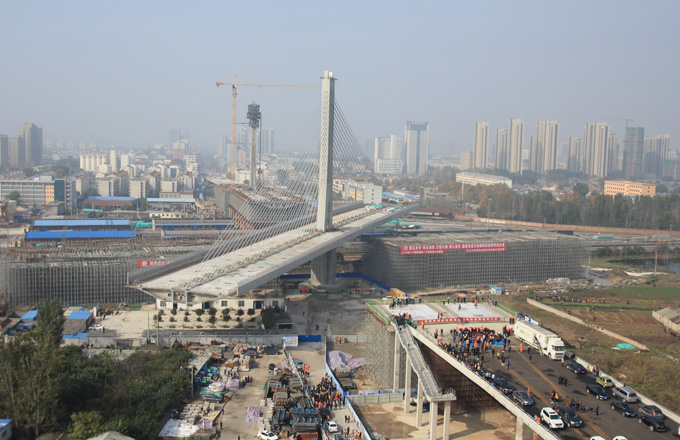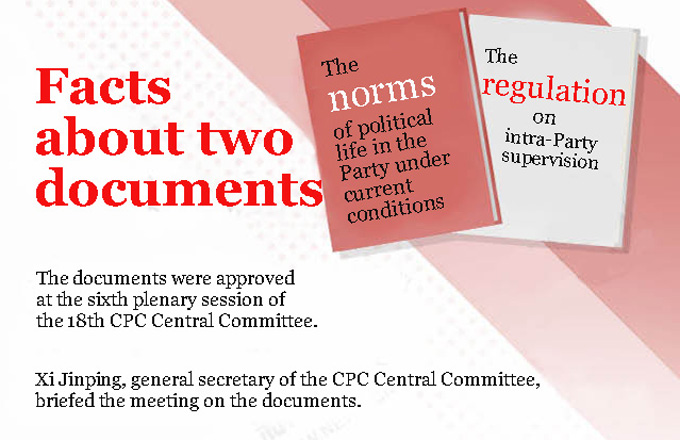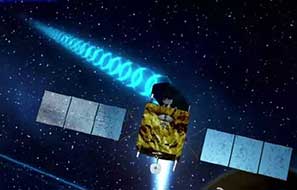Xi's visit to Ecuador, Peru, Chile to bring development deals
China will sign agreements with Ecuador, Peru and Chile in areas including trade, investment, finance and nuclear power during President Xi Jinping's third trip to Latin America next week, according to the Foreign Ministry.
China attaches great importance to the development potential of Latin America despite the region's slow economic growth in recent years amid global sluggishness, Vice-Foreign Minister Wang Chao told a news conference on Thursday.
Xi will make state visits to the three countries beginning Nov 17. He will also attend the Asia-Pacific Economic Cooperation leaders meetings in Lima, Peru, as part of the weeklong trip.
While in Ecuador, Xi will talk with President Rafael Correa, meet with reporters, attend launch ceremonies for Chinese-assisted projects and witness the signing of agreements, Wang said. It will be the first visit by a Chinese president to Ecuador since diplomatic ties were established 36 years ago.
Zhang Xiangchen, a senior official at the Ministry of Commerce, said China will announce assistance plans and issue loans to Ecuador during the president's visit.
China will offer to help with rebuilding work, including the construction of hospitals, houses and roads in the country, which was hit by a strong earthquake in April, Zhang said. China has already provided $2 million as well as $60 million worth of materials for quake relief, he added.
China will also initiate negotiations with Chile over expanding the free trade agreement that was signed 11 years ago, Wang said.
Since becoming president in March 2013, Xi has visited Latin America twice, going to Trinidad and Tobago, Costa Rica and Mexico in 2013 and Brazil, Argentina, Venezuela and Cuba in 2014.
China is the largest trade partner of Peru and Chile and the third-largest of Ecuador, and is the main investment source for the three countries. Last year, China's direct investment in Latin America reached $126.3 billion.
Although China's trade volume with Latin America dropped last year, Latin America's agricultural exports to China increased last year, Wang said.
Xu Shicheng, a researcher of Latin American studies at the Chinese Academy of Social Sciences, said that China-Latin America trade volume dropped in recent years due to the price decrease of commodities like crude oil and minerals.
Latin America needs China's support in building infrastructure, factories and hydropower stations, he said.
China's capacity in steel, manufacturing and equipment could be exported to Latin American countries to benefit both sides, he added.
Zou Shuo contributed to this story.





